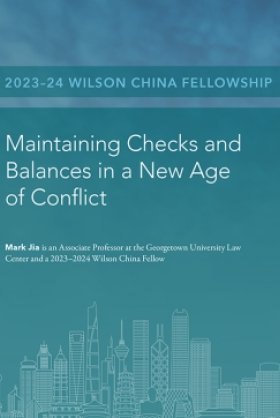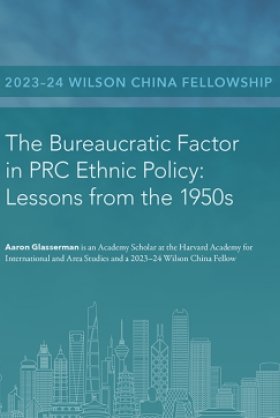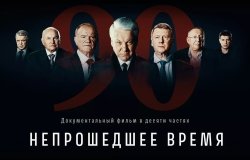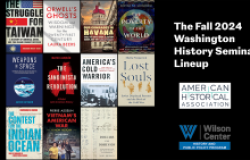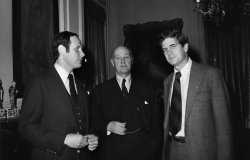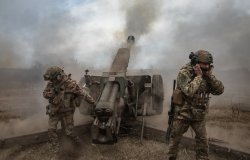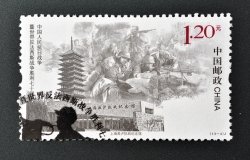Call for Papers: The Smaller European Powers and China in the Cold War, 1949-1989
Papers are sought for an upcoming conference, The Smaller European Powers and China in the Cold War, 1949-1989, hosted by the University of Lausanne, 18-19 November 2016.
The Smaller European Powers and China in the Cold War, 1949-1989
18-19 November 2016, University of Lausanne
Organizers: Sandra Bott, Claude Hauser, Janick Marina Schaufelbuehl, Marco Wyss
Institute of Political, Historical and International Studies | History Department, University of Lausanne
Department of History and Politics, University of Chichester | Department of Contemporary History, University of Fribourg
This international conference aims to examine the policies of the smaller European powers towards China – and vice versa – during the Cold War. Thereby it focuses, on the European side, on both Western and Eastern Europe – regardless of whether a country was part of the NATO or the Warsaw Pact. Meanwhile, on the Chinese side, the conference proposes to include both Chinas, namely the People’s Republic of China (PRC) and the Republic of China (RoC). While this should allow for the analysis of different relational constellations, the chronological framework – that ranges from the Communist victory in China in 1949 to the fall of the Berlin Wall and the Tiananmen Square uprising in 1989 – should enable us to identify policy shifts and patterns.
With the establishment of the PRC and, especially, its direct confrontation with the United States during the Korean War from 1950 to 1953, the Cold War had definitely arrived in East Asia, and China henceforth became a major actor in the global East-West rivalry. Yet research on China’s Cold War has largely focused on Sino-US and Sino-Soviet relations, or on China’s engagements in the Third World. As for Europe’s interaction with China during this period, the role played by the major Western European powers – Britain, France, and the Federal Republic of Germany – has so far been privileged. This conference, by contrast, intends to bring the smaller European powers into the global picture, by analyzing their position towards and role within the policies of both the PRC and RoC. The smaller European nations, not as directly or as extensively involved in big power relations, had some – albeit often limited – leeway in designing an independent foreign policy toward China. The question thus arises whether alternative diplomatic and/or cultural ties were established between these nations and China, whether trade and investment became more intense or on the contrary diminished, or if security relations took on distinctive contours. The extent to which Eastern European states forged their policies according to Moscow’s will is one of the problems addressed by this conference, as is the question of whether smaller European powers on the other side of the Iron Curtain simply followed in the footsteps of London or Paris or developed their own independent foreign policy toward Beijing or Taipei. While there has been sporadic and punctual research on the relationship of smaller European powers with China, our aim is to bring both early career and established researchers together to offer a broader and, especially, comparative analysis.
The organizers welcome innovative proposals that reflect on the political incentives and challenges that influenced the foreign policies and strategies of the lesser Western and Eastern European powers towards China – and vice versa – and situate them in the larger context of the global Cold War. Papers that focus not only on diplomatic sources, but also include sources from economic, political, social, and cultural interest groups and organizations, are particularly welcome. Interactions with Beijing and Taipei are broadly defined, in order to allow for an understanding of the mutual and multifaceted interests that contributed to the development of relations of various kinds: economic, military, political, and cultural exchanges, contacts, and cooperation; know-how and technology transfers.
Possible topics could, for instance, include:
- · Political, economic and security ties
- · Trade and development
- · Education, science, and technology
- · Cultural and ideological dimensions and exchanges
- · Arms transfers, military assistance, and conflict/war
Brief proposals (350 words max.), accompanied by a short CV, should be sent to Marco Wyss (M.Wyss@chi.ac.uk) by 31 March 2016. The conference language is English. The selected participants will be informed by the end of April. Selected papers will form the basis of a peer-reviewed publication.
Related Programs

Cold War International History Project
The Cold War International History Project supports the full and prompt release of historical materials by governments on all sides of the Cold War. Through an award winning Digital Archive, the Project allows scholars, journalists, students, and the interested public to reassess the Cold War and its many contemporary legacies. It is part of the Wilson Center's History and Public Policy Program. Read more

History and Public Policy Program
The History and Public Policy Program makes public the primary source record of 20th and 21st century international history from repositories around the world, facilitates scholarship based on those records, and uses these materials to provide context for classroom, public, and policy debates on global affairs. Read more
